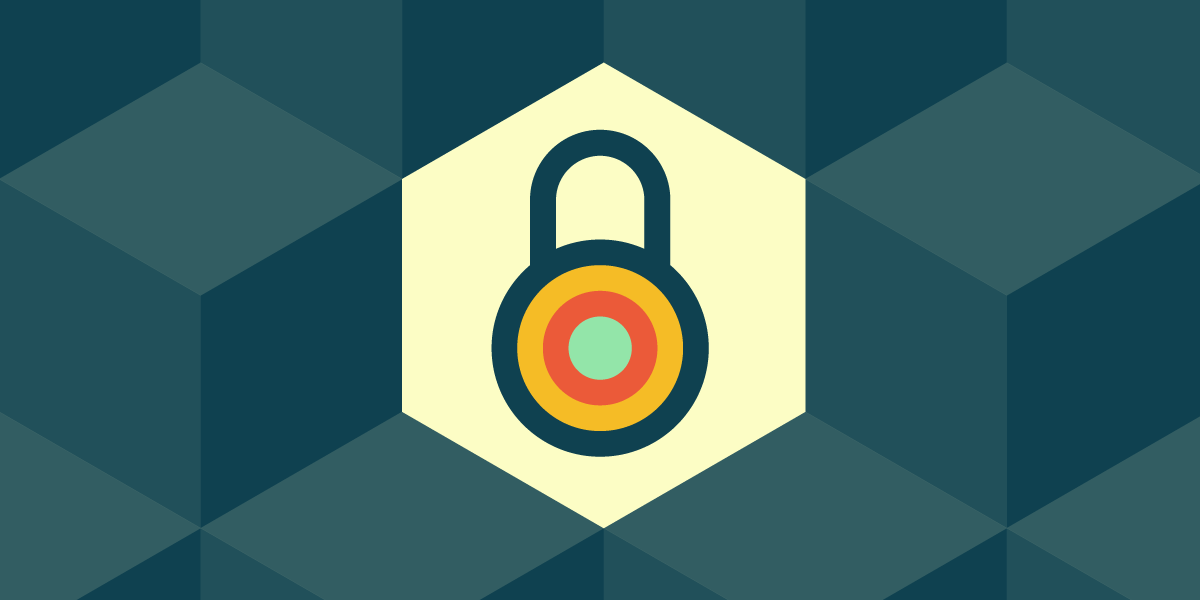Canada’s Leaders Must Reject Overbroad Age Verification Bill
Canadian lawmakers are considering a bill, S-210, that’s meant to benefit children, but would sacrifice the security, privacy, and free speech of all internet users.
First introduced in 2023, S-210 seeks to prevent young people from encountering sexually explicit material by requiring all commercial internet services that “make available” explicit content to adopt age verification services. Typically, these services will require people to show government-issued ID to get on the internet. According to bill authors, this is needed to prevent harms like the “development of pornography addiction” and “the reinforcement of gender stereotypes and the development of attitudes favorable to harassment and violence…particularly against women.”
The motivation is laudable, but requiring people of all ages to show ID to get online won’t help women or young people. If S-210 isn't stopped before it reaches the third reading and final vote in the House of Commons, Canadians will be forced to a repressive and unworkable age verification regulation.
Flawed Definitions Would Encompass Nearly the Entire Internet
The bill’s scope is vast. S-210 creates legal risk not just for those who sell or intentionally distribute sexually explicit materials, but also for those who just transmit it–knowingly or not.
Internet infrastructure intermediaries, which often do not know the type of content they are transmitting, would also be liable, as would all services from social media sites to search engines and messaging platforms. Each would be required to prevent access by any user whose age is not verified, unless they can claim the material is for a “legitimate purpose related to science, medicine, education or the arts,” or by implementing age verification.
Basic internet infrastructure shouldn’t be regulating content at all, but S-210 doesn’t make the distinction. When these large services learn they are hosting or transmitting sexually explicit content, most will simply ban or remove it outright, using both automated tools and hasty human decision-making. History shows that over-censorship is inevitable. When platforms seek to ban sexual content, over-censorship is very common.
Rules banning sexual content usually hurt marginalized communities and groups that serve them the most. That includes organizations that provide support and services to victims of trafficking and child abuse, sex workers, and groups and individuals promoting sexual freedom.
Promoting Dangerous Age Verification Methods
S-210 notes that “online age-verification technology is increasingly sophisticated and can now effectively ascertain the age of users without breaching their privacy rights.”
This premise is just wrong. There is currently no technology that can verify users’ ages while protecting their privacy. The bill does not specify what technology must be used, leaving it for subsequent regulation. But the age verification systems that exist are very problematic. It is far too likely that any such regulation would embrace tools that retain sensitive user data for potential sale or harms like hacks and lack guardrails preventing companies from doing whatever they like with this data once collected.
We’ve said it before: age verification systems are surveillance systems. Users have no way to be certain that the data they’re handing over is not going to be retained and used in unexpected ways, or even shared to unknown third parties. The bill asks companies to maintain user privacy and destroy any personal data collected but doesn’t back up that suggestion with comprehensive penalties. That’s not good enough.
Companies responsible for storing or processing sensitive documents like drivers’ licenses can encounter data breaches, potentially exposing not only personal data about users, but also information about the sites that they visit.
Finally, age-verification systems that depend on government-issued identification exclude altogether Canadians who do not have that kind of ID.
Fundamentally, S-210 leads to the end of anonymous access to the web. Instead, Canadian internet access would become a series of checkpoints that many people simply would not pass, either by choice or because the rules are too onerous.
Dangers for Everyone, But This Can Be Stopped
Canada’s S-210 is part of a wave of proposals worldwide seeking to gate access to sexual content online. Many of the proposals have similar flaws. Canada’s S-210 is up there with the worst. Both Australia and France have paused the rollout of age verification systems, because both countries found that these systems could not sufficiently protect individuals’ data or address the issues of online harms alone. Canada should take note of these concerns.
It's not too late for Canadian lawmakers to drop S-210. It’s what has to be done to protect the future of a free Canadian internet. At the very least, the bill’s broad scope must be significantly narrowed to protect user rights.













